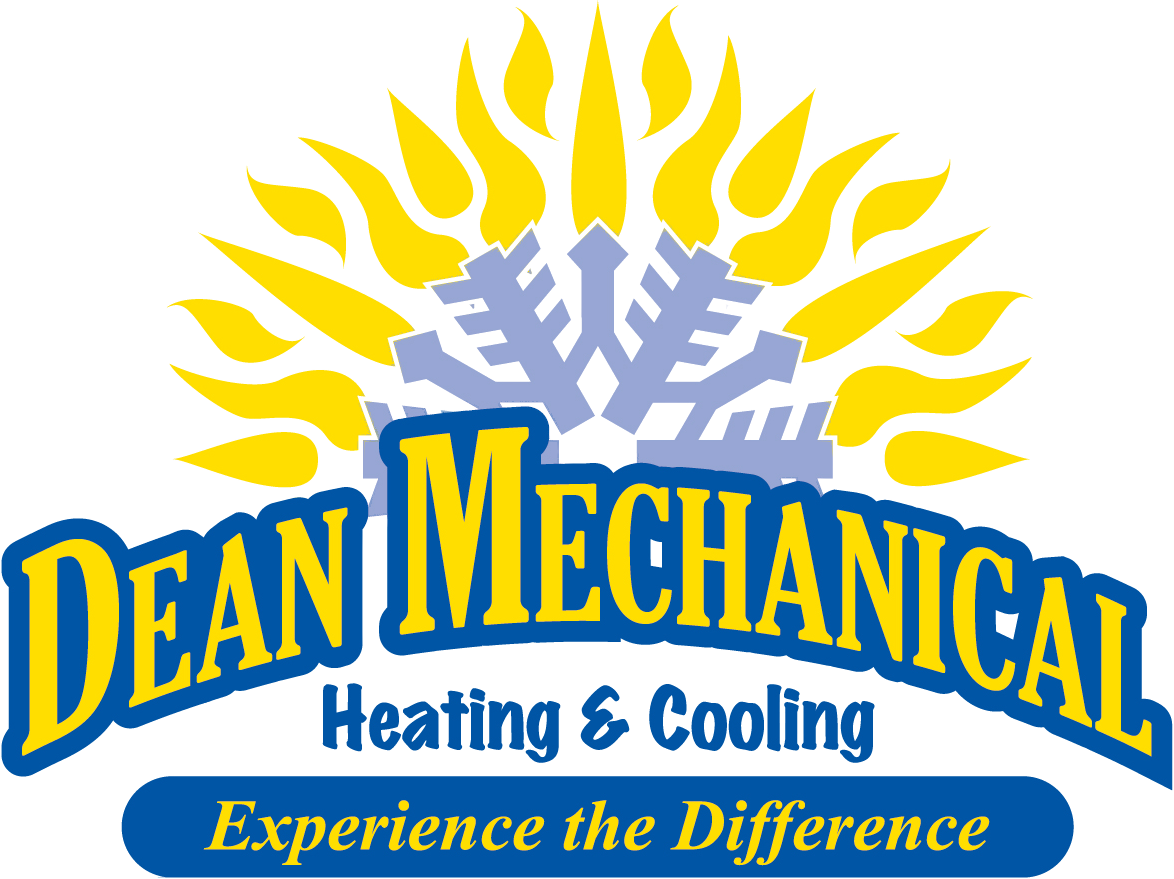Are you shopping for a new HVAC system? Maybe yours went out, or you’re considering an upgrade. Whatever the case, energy efficiency is probably towards the top of your list of requirements. However, when you’re shopping, there are all kinds of acronyms and terms you will want to acquaint yourself with to better understand what you’re getting. We’ll dig into some of those terms and what you’ll want to look for in your new system.
How Can I Tell What HVAC System is the Most Efficient?
HVAC systems have a few different rating systems to help you tell what’s the most efficient. But the acronyms and terms can be confusing. Here are the important ones:
SEER
Seasonal Energy Efficiency Ratio is, in basic terms, the amount of energy your air conditioner uses to run in a season compared to how it cools. Scientifically speaking, it’s cooling output which is measured in BTU’s (British Thermal Units) divided by electricity consumption (kilowatt-hours). That means, the higher the SEER rating, the more efficient the system is.
EER
Similar to SEER, Energy Efficiency Ratio is a measurement of efficiency in a cooling unit. However, it’s measured over a longer period of time, at higher temperatures. Like SEER, EER is measured by dividing output cooling energy by energy usage.
HSPF
Heating Seasonal Performance Factor, like SEER, is a measure of efficiency, just for heat. Calculated much like the aforementioned ratios, HSPF is measured by comparing needed heating to the total electricity used by the heat pump. A higher HSPF means a more efficient unit.
Energy Star
Energy Star ratings were created by the EPA (Environmental Protection Agency) to measure the efficiency and quality of products. An “Energy Star” rated product meets strict energy efficiency requirements that are tested by a neutral third party. The EPA can, and does update the standards for this certification to ensure the top level of quality and efficiency are offered.
Why is HVAC Energy Efficiency Important?
The bottom line is the more efficient your system is, the more it will save you over its operational lifespan. It’s true that a more efficient system will cost more up front, but that’s generally offset by the monthly energy savings, which adds up over the life of the system. It bears mentioning that proper maintenance will help your system work the most efficiently over a longer period of time. There are other things you can do to reduce system strain and increase efficiency on your own, but regular, professional maintenance inspections will help keep your system running well for years.
Final Thoughts
If you are considering a new HVAC system, the experts at Dean Mechanical are happy to help you find the best fit for you! Proudly serving the communities of Wixom, Milford, Livonia, Canton, Novi, South Lyon, Northville, Ann Arbor, Brighton, Commerce, Farmington Hills, Southfield and Dearborn for years, Dean Mechanical has the experience and know-how to make sure you’re making the right decision for your home. Contact us today to get started!
